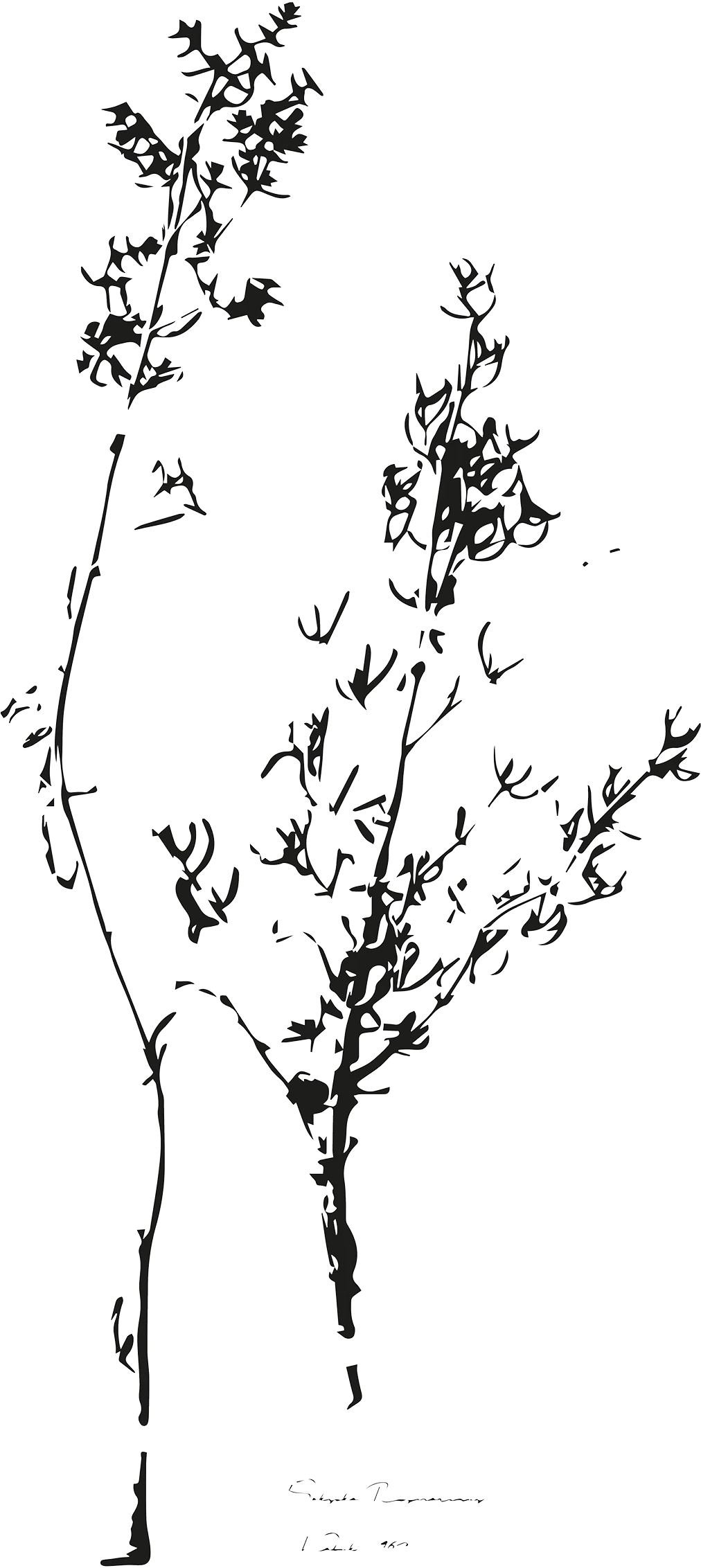
My Pen Is the Wing of a Bird: Striking New Fiction by Afghan Women Writers
'My Pen Is the Wing of a Bird' is an extraordinary anthology of fiction by Afghan women writers, published in Feb 2022 by MacLehose Press in the UK. A powerful collection that draw on real-life experiences of life under exceptional circumstances, while exploring universal themes of family, friendship, work, sexuality, love and betrayal.
The anthology is one of the outputs from the Write Afghanistan project, led by Lucy Hannah, founder and director of Untold Narratives CIC - a programme that works with writers marginalised by community or conflict. - who ran two open calls for submissions across Afghanistan, with the second call focused on isolated parts of the country and read approximately 300 submissions before selecting a group of 30 or so writers who took part in the development programme. 18 of whom are featured in My Pen Is the Wing of a Bird.
Most of the authors who contributed had never had the opportunity to work with an editor before. “I have never come across a local publisher willing to publish a book without asking for money from the author,” she said one contributor “And it’s impossible to find a foreign publisher who wants to read books about anything except the war.
My Pen is the Wing of a Bird is now available to purchase on ISHKAR here.
Below, Lucy Hannah speaks about the project with Waterstones:
---
I wrote the afterword to My Pen Is the Wing of Bird three months ago. On the same day, one of the authors in this anthology, Marie Bamyani, landed in Germany on her thirtieth birthday. She was the sixth of our contributors to flee Afghanistan. She worked for a German NGO in Kabul and was one of many who faced the challenging choice of whether to leave her family or stay in her country. “Starting a life alone, from zero, is hard,” she said. “But now I have the chance of a future.” Ten of the writers in this anthology are now beginning new lives – in Germany, Sweden, USA, Tajikistan, Iran, Italy, and Australia.
We have heard from Afghan journalists and global commentators how the sheer speed of the Taliban takeover last August took people by surprise. As an anxious and fragmented nation tried to make sense of this dramatic punctuation point in its history, Untold, a writer development programme for writers marginalised in society by community or conflict, was nearing the end of a two-year remote editorial process with the contributors to this anthology. Where the events of August 2021 were marked by their suddenness, Untold’s editorial process was patient and long-term.
International editors, translators, and Afghan women writers collaborated to discuss drafts of their stories in one language, for readers in another. It was a mix of hard labour, creative relationships, and the best and worst of technology. The process continued despite the pandemic (Afghanistan has known the word ‘lockdown’ since long before Covid-19), via WhatsApp, Zoom, SMS, email – whatever was needed to make it work, and make it safe. Words were lost and found. Power failed and lights would cut out, but the commitment from the writer’s group to their work was always undimmed.
Three years earlier, I had been working in Kabul, with women scriptwriters on Afghanistan’s long-running radio soap opera New Home, New Life. They were frustrated by the lack of opportunity to publish their prose fiction, and the challenges of developing an internal market for their work. It was from these conversations – from what writers in Afghanistan wanted, needed, and were calling for – that Untold’s work was born.
The British Council supported us to put out two open calls across Afghanistan, inviting women writers to submit short fiction in Dari and Pashto. In 2019, we received 100 submissions, from all the major cities and a few from more rural provinces. Of those writers, one, who has two stories included here, was inspired by the opportunity to write several new pieces. But it was her older sister who submitted them to the call, because the writer felt she was too inexperienced for her work to be taken seriously. She had never shared her writing, had never edited, or rewritten a story, and had not been able to attend any of the rare writers’ meetings in the capital.
A second open call, in early 2021, focused on the more isolated parts of the country. The word was spread on social media, via radio broadcasts, and on posters in the smaller towns and villages. This time, 200 writers in 20 provinces sent in work from internet cafes, home computers and mobile phones. One of the stories in this collection was written by hand, photographed, and sent via WhatsApp messages through a chain of people before reaching Untold. A team of Afghan readers then selected writers from the open calls to collaborate with international editors and translators in an editorial process supported by a range of donors, including the Bagri Foundation.
As the world watched the devastating scenes at Kabul airport last August, our focus at Untold shifted swiftly from creativity to safety, working to support both those writers who wanted to leave, and those who wished to – or had to – remain. At the time, someone asked me: “Why would people carry on writing at a time like this?” And the answer is that, if you are a writer, that is what you do. Stories help us make sense of our world, particularly in the face of uncertainty and fear. As one of the writers said: “All we can do is give each other moral support. Sharing our writing is one way of doing that. War won’t take our creativity away.”
These 18 women looked to each other for reassurance and carried on with their writing. They started an online diary and shared how they couldn’t sleep, how they dyed their clothes black, how they had soaked away the ink from pages of writing that was now a risk to possess as hard copy. Some took to the streets; others went into hiding. Today, six months on from the fall of Kabul, they are still writing this diary – to stay connected from different parts of the world, and to chronicle their thoughts and experiences of this challenging time.
This anthology is a snapshot of Afghanistan before the Taliban took control last August. The stories are set in the home, at work, in the future, long ago. They touch on universal themes of family, friendship, love, and betrayal. Fiction, yes, but often inspired by real-life events – some refer to the period when the Taliban were last in power. Maryam Mahjoba, the author of ‘Companion’, the first piece in this anthology, wrote her story well before the events of last summer. Her character, Nooria, grapples with feelings of loneliness after her children have emigrated. Maryam, who remains in Afghanistan, wanted to explore this experience, common to so many families, and how individuals deal with separation. Though it was written before August 2021, the story, like many in this collection, take on new significance in 2022.
Short stories lend themselves to fractured, pressured environments. It makes sense that a form which contains complexity, beauty, and truth in so few words, on such small canvases, feels easier to produce than something longer. Writing at length requires peace of mind, space, concentration and, crucially, the knowledge that if your work is strong enough, there is a well-developed local creative industry that has the enthusiasm and the resources to find you a readership.
My Pen Is the Wing of a Bird is just a small sample of these writers’ work; whether in Afghanistan or in a new country, they continue to write fiction in their own languages, ready for readers both at home and across the globe. We hope that future editions of this collection will be published in Afghanistan – in Pashto and Dari – when it is safe to do so.
Much has changed in the three months since the afterword was written. And in a few days or weeks, this piece may be out of date, the situation for those writers in Afghanistan and those beginning new lives elsewhere changed again. But whilst this blog will need updating, the stories in this anthology have enduring, universal value. As Marie Bamyani says, “My Pen Is the Wing of a Bird is the starting point of bringing Afghan writers together and sharing their voices and stories with the world. The world must not let this light be turned off.”
Words by Lucy Hannah








